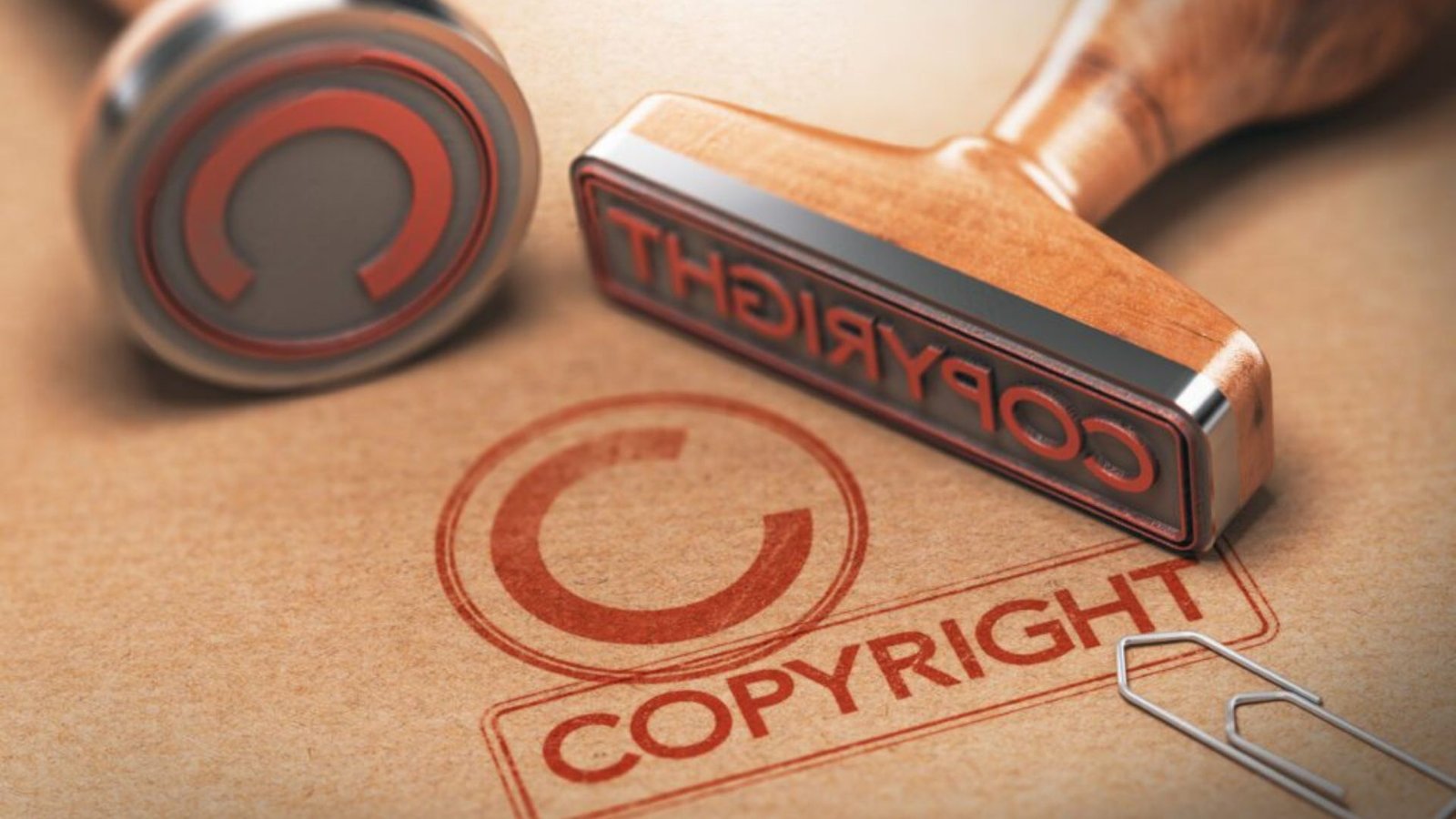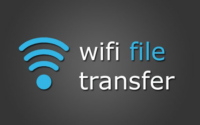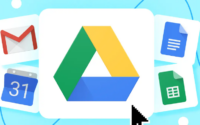The Legal Landscape of File Sharing
The digital age has irrevocably transformed the way we share information. Gone are the days of bulky floppy disks and snail mail; instead, we live in a world where files zip effortlessly across the internet, connecting us and our information in ways never before imagined. One of the most prominent features of this digital landscape is file sharing, the act of transferring files between computers or devices. While the ease and convenience of sharing files are undeniable, the legal landscape surrounding this practice can be complex and confusing. This article aims to shed light on the intricacies of the legal landscape of file sharing, empowering you to navigate the do’s and don’ts with confidence.

Understanding Copyright
At the heart of the legal landscape of file sharing lies copyright. Copyright grants creators exclusive rights to their original works, including written content, music, movies, and software. These rights control how the work can be used, copied, distributed, and displayed.
Sharing copyrighted material without the permission of the copyright holder is generally considered illegal. This can include downloading music or movies illegally, sharing copyrighted software, or uploading someone else’s work without their consent.
Fair Use: A Legal Exception
However, there is an important exception known as fair use. Fair use allows limited use of copyrighted material without permission for purposes such as criticism, commentary, news reporting, teaching, scholarship, or research. Determining whether your use falls under fair use requires considering several factors, including:
- The purpose and character of your use: Is it for commercial gain or non-commercial purposes?
- The amount and substantiality of the portion used: Are you using a small portion or a significant part of the work?
- The effect of the use upon the potential market for or value of the copyrighted work: Will your use harm the original creator’s ability to profit from their work?
It’s important to remember that fair use is a complex legal doctrine with no clear-cut boundaries. If you’re unsure whether your use falls under fair use, it’s best to consult with a legal professional.
Consequences of Copyright Infringement:
Copyright infringement can have serious consequences, including:
- Civil penalties: Copyright holders can sue for damages to compensate them for the financial losses they suffered due to your infringement.
- Injunctions: Courts can order you to stop infringing activities.
- Criminal charges: In severe cases, copyright infringement can even lead to criminal prosecution.
Staying on the Safe Side:
To ensure you’re navigating the legal landscape of file sharing safely, here are some key points to remember:
- Only share content you have the legal right to share. This includes content you created yourself or have explicit permission to share from the copyright holder.
- Be cautious of downloading files from unknown sources. These files could contain malware or copyrighted material.
- Use legal and ethical file-sharing platforms. Many legitimate platforms offer access to music, movies, and other content with the permission of the copyright holders.
- When in doubt, seek legal advice. If you’re unsure about the legality of sharing a particular file, it’s best to consult with a lawyer.
Final Thoughts
Understanding the legal landscape of file sharing and acting responsibly are crucial steps to ensure that your digital activities remain enjoyable and within the bounds of the law. By staying informed about copyright laws and regulations governing file sharing, you can navigate online platforms confidently while avoiding potential legal pitfalls.
It’s essential to acknowledge that respecting the rights of creators is not only a legal obligation but also a moral one. Upholding the integrity of intellectual property encourages creativity, innovation, and fair compensation for creators’ hard work. Moreover, by honouring creators’ rights, you contribute to a more equitable digital ecosystem where everyone can thrive.
You will find the following information useful:


